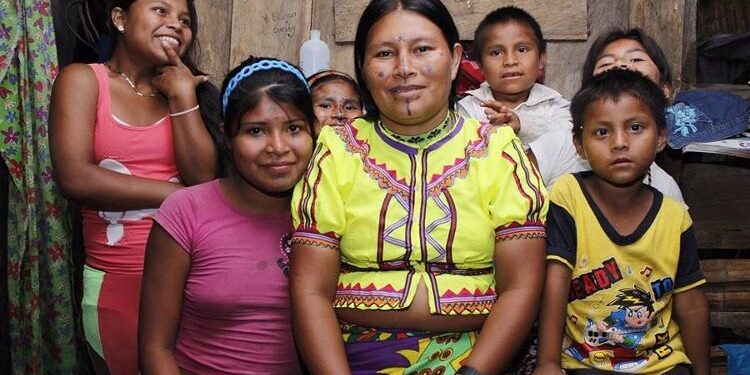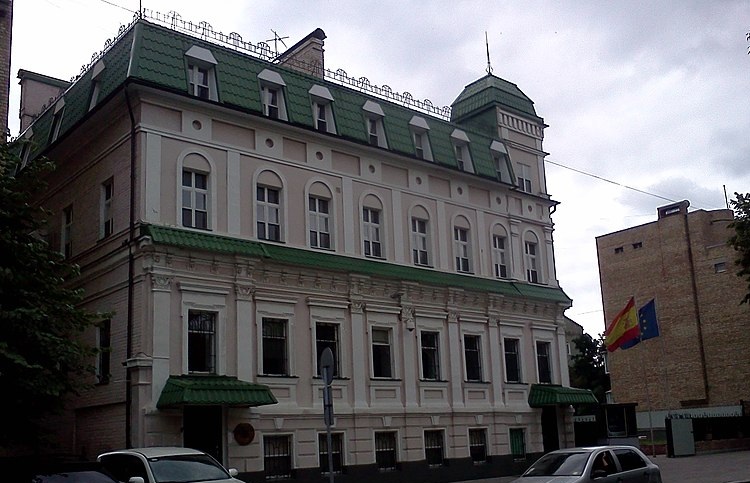The Diplomat
Last Friday, the Ibero-American Institute of Indigenous Languages was officially inaugurated in La Paz (Bolivia), an initiative approved during the Ibero-American Summit in Andorra and coordinated by the OEI and SEGIB with the support of the Bolivian government.
The objective of this institute is to raise awareness of the situation of indigenous languages and the cultural and linguistic rights of native peoples, as well as to promote the transmission, use, learning and revitalization of indigenous languages. It will also provide technical assistance in the formulation and implementation of linguistic and cultural policies for indigenous peoples and facilitate informed decision-making on the use and vitality of their languages.
The initiative was approved by the Ibero-American heads of state and government at the last summit held in Andorra in 2021 and is coordinated by the Organization of Ibero-American States for Education, Science and Culture (OEI), the Ibero-American General Secretariat (SEGIB) and the Fund for the Development of Indigenous Peoples of Latin America and the Caribbean (FILAC), with the support of the Bolivian Ministry of Foreign Affairs. Its launch coincides with the beginning of the International Decade of Indigenous Languages 2022-2032, proclaimed by the United Nations to raise awareness of the importance of preserving the world’s indigenous languages.
The OEI has been working in recent years on the preservation and dissemination of the native languages present in Latin America, with initiatives in Nicaragua, Honduras or Mexico, in order to promote the knowledge and learning of these languages, as well as the empowerment of their speakers, in a region where one out of every ten inhabitants is considered indigenous. The OEI, created in 1949, is the oldest intergovernmental cooperation organization in the Ibero-American space. It currently has 23 member states and 18 national offices, in addition to its General Secretariat in Madrid.







